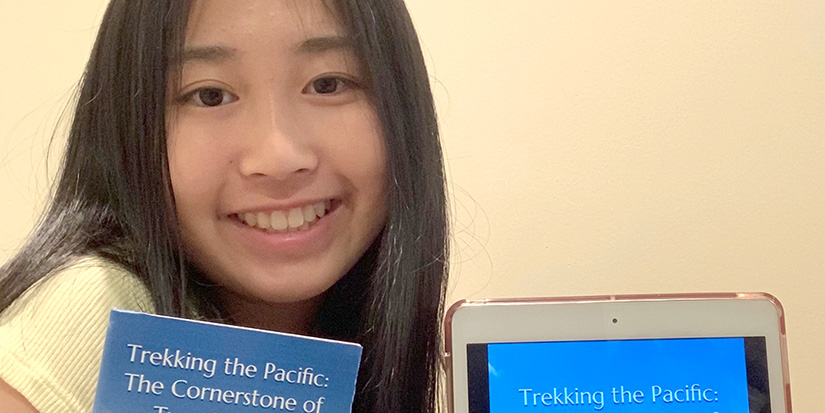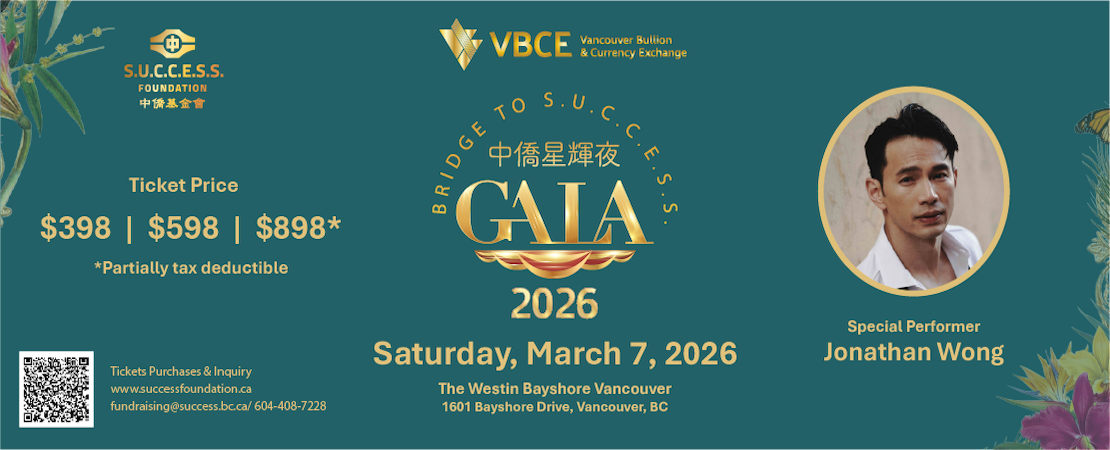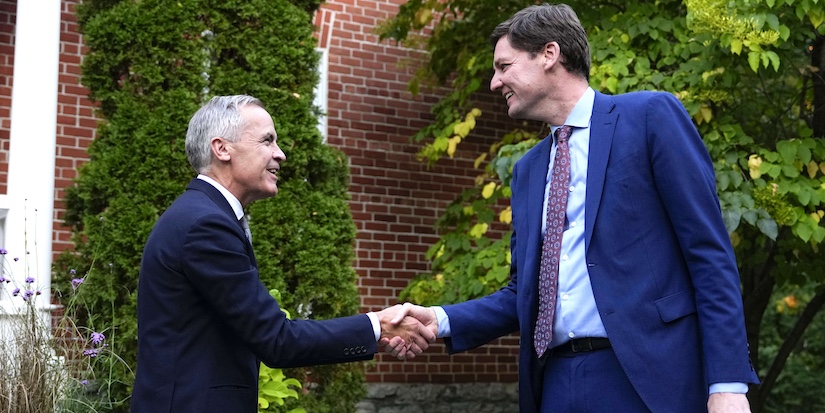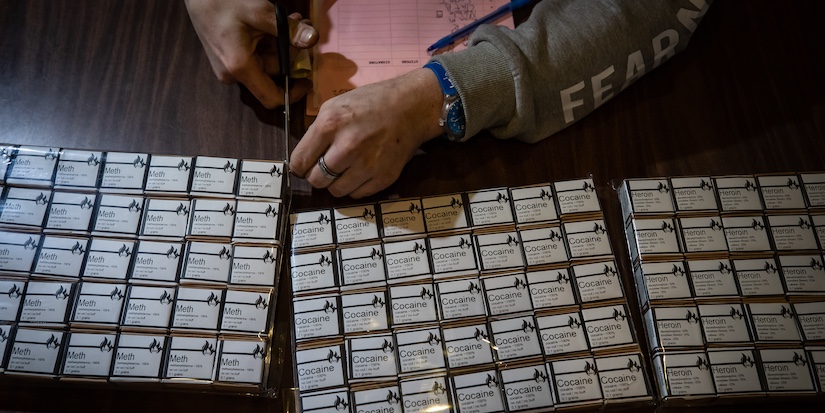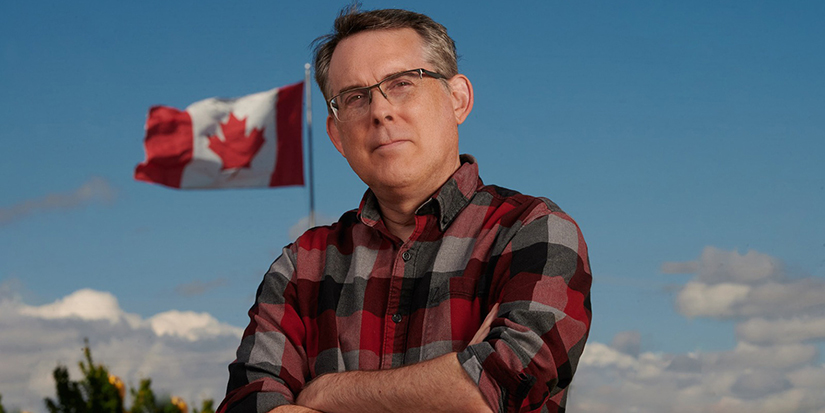Arts & Culture
Young author shares self reflections in first book
—
Maggie Xiong had never been one to self-reflect. But in the midst of the coronavirus pandemic, it became the source of inspiration.
Rapidly tiring of reruns of TV comedies and afternoon recipe shows, she found herself harkening back to her elementary school days and the dedicated journals that described every detail of her young life—from the blonde locks of a crush to the so-called “mean girls.” She hadn’t added a new entry since the fourth grade though, as other priorities shifted her focus. But as the boredom of self-isolation grew, the joy of writing was reignited.
“Writing was always an interest and passion when I was really young,” says Xiong. “But by the time I got to high school I stopped journaling because I started comparing myself to other people.”
Afforded plenty of time to reflect because of the quarantine, Xiong resumed writing. She found it therapeutic and enlightening—providing an opportunity to appreciate both the influences of growing up in the West and her Chinese heritage.
Xiong shares her perspectives in her just self-published first book Trekking the Pacific: The Cornerstone of Two Cultures. The book explores the cultural differences between China and North America through the lens of a Canadian-born Chinese and is available on Amazon and Kindle.
The recent graduate of Richmond’s Burnett Secondary School is also a recipient of the 2020 Schulich Leader Scholarship (Canada’s most coveted STEM scholarship valued at $80,000) and plans to study sciences in university.
“I grew up divided by two cultures: the Chinese culture my parents advocated for, and Western culture. Whether it is eating the food, listening to the music, or listening to stories from others, always keep home close to your heart.”
Xiong last visited her extended family in China a year ago. It gave her pause to further think about the cultural differences in her writings. She says while in Canada the education system promotes being well-rounded, in China there is so much competition to get into good schools that the emphasis on academics is heightened.
“Both my parents were the first in their families to go to university. They studied really hard to get into high-end universities in Beijing, and that has kind of inspired me. It shows that no matter where you start or what your goal is, if you put in the work you’ll be able to get there somehow.”
Xiong says it was a big decision for her parents to emigrate to Canada, but greater employment opportunities and a diversity of cultures was appealing.
“I think one of the best parts of Canada is its diversity. You can feel like you’ve travelled the world just staying here,” she says. “I can go down the street to an Indian, Chinese or Japanese restaurant.”
Reflecting the book’s main theme of contrasting and comparing, Xiong notes she’s been to China five times in her life—the first when she was very young—and how her observations have evolved along with her confidence.
“My first vivid memories are from a huge family gathering at my grandma’s house when I was around 10. There were so many people all eating dinner together and it dawned on me how extensive my family is. It also introduced me to the culture. I felt disconnected because I grew up here and didn’t realize how important family and culture was there. If my parents went to talk to a relative I hid behind them. Last year, I felt much more independent and totally okay to go into the city alone with my aunt or talk to my grandma more often.”
It was also during last year’s visit that she began to appreciate the degree to how much more densely populated China is than Canada.
“I went on one of their transit systems, like SkyTrain. It was completely packed,” she says. “If these people came to Vancouver they’d be confused and wonder where all the people were.”
But Xiong is proud to be Canadian too. She’s proud that the world defines us as polite and accepting, and willing to learn.
“Because we’re such a multicultural country, we get all these opportunities to learn about ourselves and each other,” she says. “No matter the magnitude of the opportunity, take it, because you never know where it will lead.”
Through volunteering, Xiong also furthered her interest in the sciences. Though her job was to help navigate people around Richmond Hospital, it nevertheless confirmed her interest in pursuing a career in the field of medicine.
In the book, Xiong also shares 18 lessons she’s learned in 18 years, including that “you don’t have to be the best to be good.”
“Since I was young, I carried around the belief that if I was not the best, then I was not good at all. It was only recently that I realize that’s the farthest thing from the truth. If anything, being the best hinders you because you lose the motivation to strive for improvement,” she explains.
She also says to learn to accept that you cannot control everything.
“This was one of the hardest life lessons to wrap my head around,” she says. “However, after countless failures I was continually told over and over by my father ‘Control what you can and leave the rest up to faith’.”
